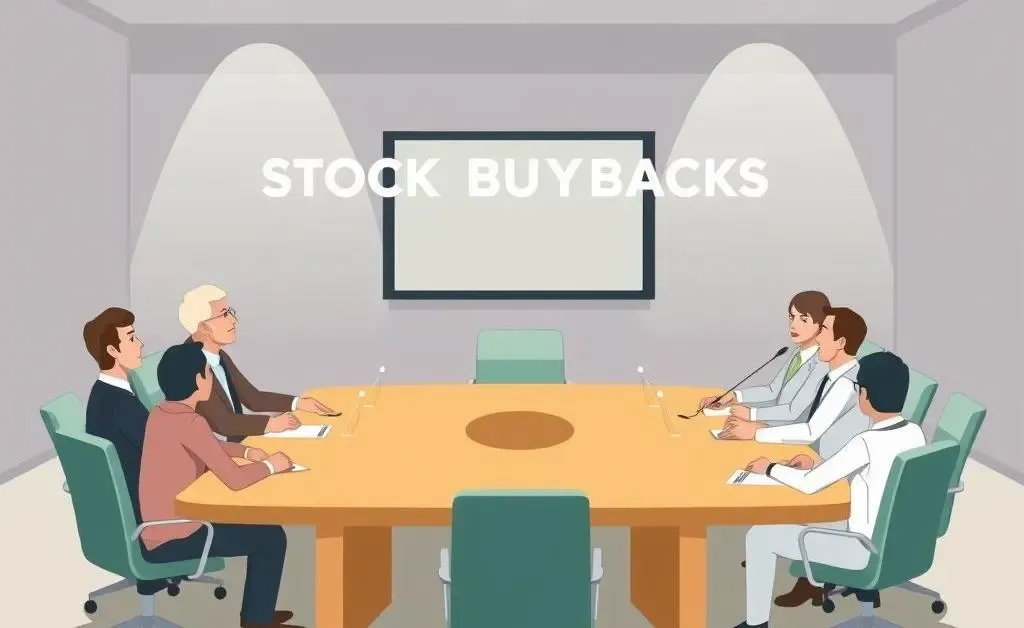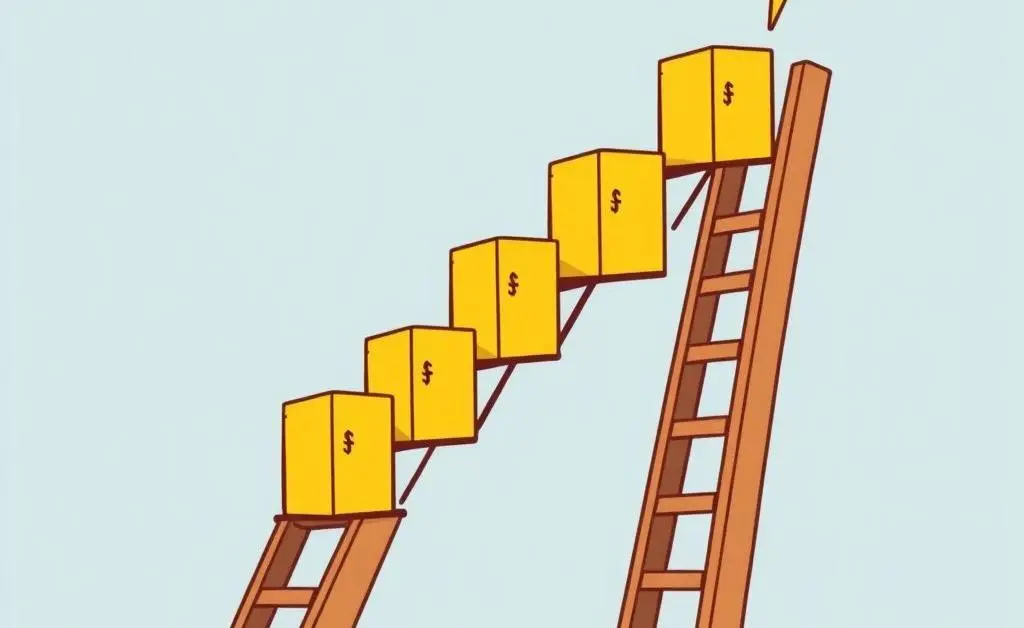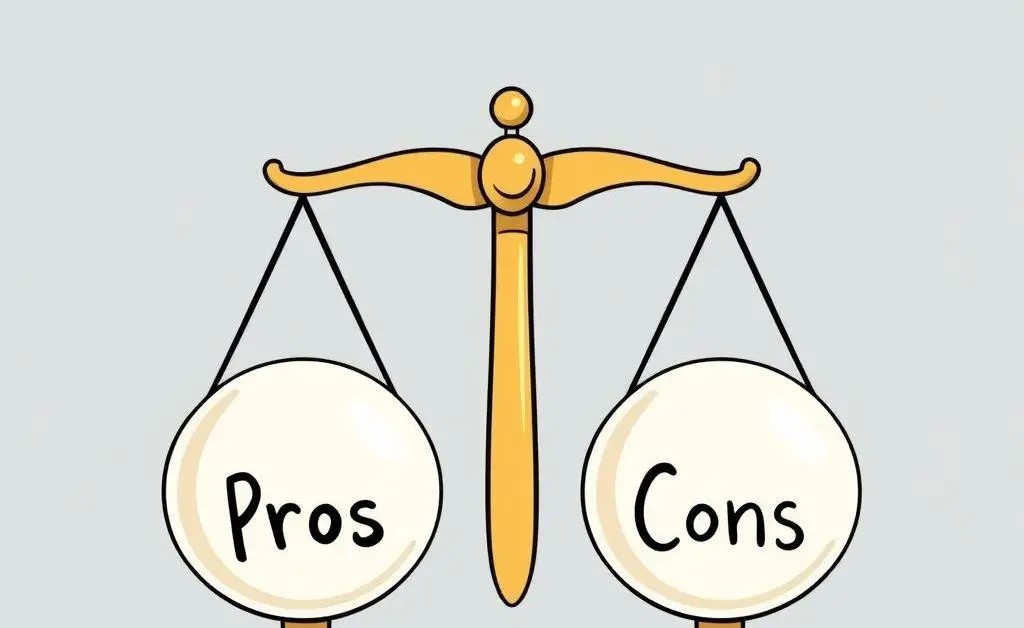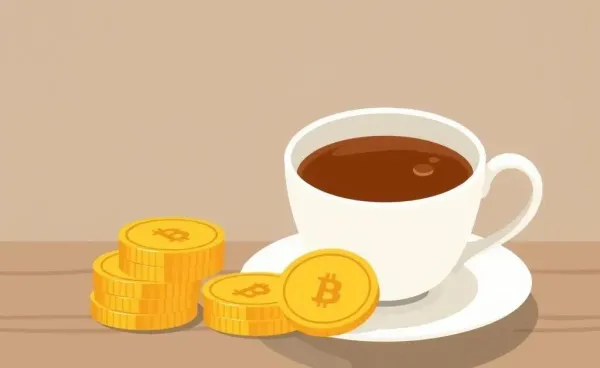Understanding Stock Buybacks: A Guide for the Curious Investor
Discover the ins and outs of stock buybacks in this friendly guide.

Hey there, curious friend! Today, let's chat about a topic that's buzzing in the investment world—stock buybacks. You may have heard this term tossed around in financial news, but what exactly does it mean, and why should you care? Grab a cup of coffee and let's dive right in.
What are Stock Buybacks?
In simple terms, a stock buyback is when a company purchases its own shares from the marketplace. But what's the big deal, right? Well, this move often signals that a company believes its stock is undervalued, aiming to boost its price by reducing the supply. Think about it like this: fewer shares in circulation can mean higher value for existing ones. It's a bit like a company choosing to tighten its belt to look leaner and meaner on paper.
Why Companies Opt for Buybacks
You've probably wondered, 'Why would a company opt for buybacks instead of other financial strategies?' Great question! Here are a few reasons:
- Increase Shareholder Value: By decreasing the overall share count, investors' shares take a larger slice of company earnings.
- Market Confidence: A buyback can signal to the market that the company is confident in its current valuation.
- Flexibility: Unlike dividends, buybacks can be a non-commitment financial maneuver. A company can choose when and how much to buy back.

Are There Downsides?
Like all investment strategies, stock buybacks aren't without controversy or risk. While they can signal confidence, some experts argue they can also mask a lack of growth opportunities. Here are some potential downsides:
- Short-term Focus: Critics claim buybacks might prioritize immediate stock price boosts over long-term investments.
- Debt Financing: Sometimes, companies go into debt to fund buybacks, potentially jeopardizing future stability.
- Market Manipulation: There's a thin line between a fair market strategy and inflating stock prices unfairly.

How Should Investors React?
This doesn't necessarily mean you should sprint to buy shares of companies announcing buybacks. Instead, take a holistic view of your investment strategy. Consider:
- Diversification: Spread bets across sectors and strategies to minimize risk.
- Long-term Goals: Align investments with your financial goals rather than short-term market moves.

To wrap it up, stock buybacks can be a bit like a double-edged sword—potentially rewarding but not without risks. So, are buybacks a good thing? That's for you to decide. What do you think? Have you ventured into stocks because of buybacks, or do you remain cautious? I'd love to hear your thoughts!




